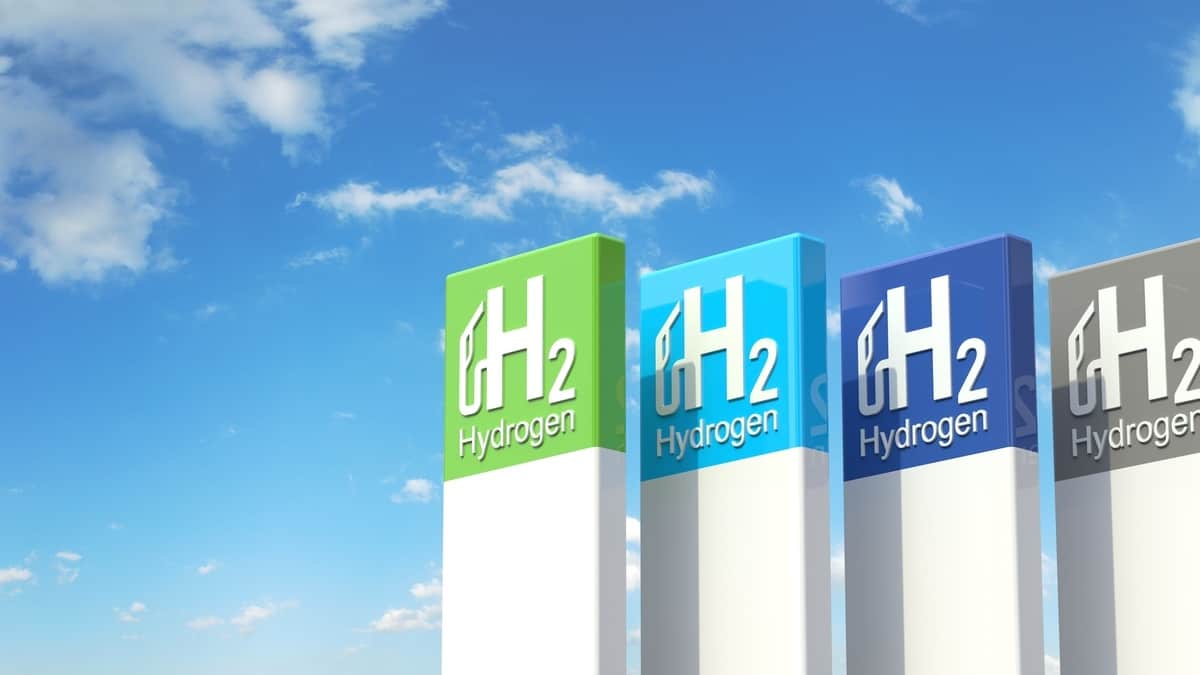European aerospace startup Destinus proudly announced the successful test flight of its Jungfrau (Destinus-1) prototype using a hydrogen-fueled afterburner.
The company’s press release published on June 1 noted that Jungfrau’s numerous test flights at an unnamed airport around Munich on May 24, 2023, honored the world’s first-ever hydrogen afterburner tech inflight deployment.
“This achievement represents a major leap forward in aerospace technology. The successful flight with hydrogen afterburners demonstrates the potential for future high-performance propulsion systems that are highly efficient and reduce carbon emissions, as a part of Destinus’ ambition to develop hypersonic aircraft powered by hydrogen.”
Destinus Founder and CEO Mikhail Kokorich
What’s so special about this technology?
Destinus’ engineering team internally designed and developed the afterburner. Then, they incorporated it with an already existing jet turbine engine.
Afterburners, which are supplementary combustion units that raise thrust levels by infusing more fuel, are a common feature of fighter aircraft. In this case, gaseous hydrogen is applied into the exhaust stream to support faster speeds and ascent rates.
Furthermore, the development period for Destinus’ clean, hypersonic jet will hasten by combining hydrogen with conventional jet fuel. For those unaware, hydrogen simply releases heat and water vapor, not carbon dioxide or nitrogen oxide.
According to the company, the unmanned Jungfrau prototype performed multiple flights around the airport. It apparently reached about 155 mph speeds. Although that is much slower than the 3,000 mph speed at which hypersonic flight starts, Kokorich said the testing “showcased the functionality and efficiency of hydrogen afterburners in real-world conditions.”
What’s next?
Destinus would not yet pursue a bigger prototype jet despite its first success with the afterburners. The company is apparently proceeding cautiously as it plans to launch the “world’s first supersonic drone powered by hydrogen” in 2024. Interestingly, it plans to introduce its technologies at the Paris Airshow in June, including the Destinus-3, Jungfrau (Destinus-1), and Eiger (Destinus-2).
Notably, the company’s ultimate objective is to develop an aircraft that can transport people and products across the globe in hours. According to Destinus, a hypersonic flight from Memphis to Tokyo will only take three hours and fifteen minutes. Meanwhile, the trip to Frankfurt will be one hour shorter.
See Also:
- Universal Hydrogen receives FAA certification for hydrogen-powered aircraft
- Unveiling of the largest electric cargo aircraft in the world and its range
- ZeroAvia completes first test flight of the world’s biggest hydrogen-electric aircraft
- Demand for Eviation electric aircraft continues to rise
- Can aircraft jet engines be replaced by hydrogen fuel-cell technology?
Indeed, this innovation would advance Destinus’s position at the aerospace development vanguard.

